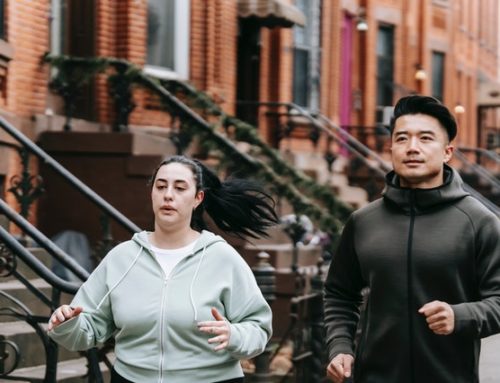There are a lot of ways the holiday season can cause mental health issues to flare up. It could be a particularly stubborn family member with drastically different political views. Maybe the holidays remind you of a loved one who’s no longer with you. Either way, there is a considerable uptick in mental health needs during the holiday season.
Many methods can help you cope with downward-sloping mental health during the winter. These are especially helpful during an ever-looming global pandemic when many families are opting out of the usual holiday gatherings. You can combat feelings of loneliness or isolation by attending to self-care.
5 Tips for Protecting Your Mental Health Through the Holidays
By applying these 5 tips for protecting your mental health, you can better cope with the demands on your time, emotions, and energy. Use these tips this holiday season:
1. Validate how you’re feeling
The holiday season exacerbates stress levels. This is proven statistically, and if you’re here, you likely know this from personal experience. Anxiety may come down for some people during the celebrations. Others are coping with worsening mental illness.
Know that you’re not alone. Know that the way you’re feeling is very real and very valid. This is the first step to applying the following tips. By acknowledging the reality of your situation, you set yourself up to cope with it because you no longer doubt your self-awareness.
2. Look into a lightbox
These are devices that have shown some measure of success in the treatment of seasonal affective disorder. Lightboxes are thought to affect the brain chemicals directly related to mood and sleep, so they’re a great option for relieving symptoms of seasonal depression.
Because family time, holiday shopping, and all the events of the season can be stressful, treating other underlying conditions over the holidays is even more important. Speak with your physician or a therapist about using a lightbox during the winter months. They can help you determine the amount of light that could be helpful to you.
3. Gentle movement
Regular gentle activity is shown to boost your mood and help improve self-esteem. Find an exercise program that works for you. This means a program you can do consistently. Because a lack of sunlight can contribute to depression, it’s helpful to exercise outdoors.
Think of exercises that you can achieve in small chunks. Instead of expecting yourself to spend two hours at the gym, consider doing some light morning stretches and taking a brisk afternoon walk. Exercise boosts your feel-good endorphins. Regular, consistent exercise makes these effects long-lasting.
4. Cover your basics
Stress responses in the body take a ton of fuel, both physical and mental. During the holidays, make sure you’re eating lots of vegetables along with all the comfort foods. That will help your body get the vitamins and nutrients it needs to deal with the stress response.
It’s also important to get plenty of sleep during periods of high stress. This helps your mind better cope with anxiety or frustration. Drink lots of water, and make sure you consume any holiday alcoholic cocktails responsibly.
5. Manage your stress
This might sound overly simplified, especially during such a tough year for the holidays. But managing stress as it arises is much healthier than letting it mount over time. Learn coping strategies to reduce stress and anxiety effectively.
The help of a professional therapist for anxiety is immensely useful here. I can help you learn positive coping mechanisms and help you identify your triggers. With this new self-awareness, guarding your mental health during the holiday season can be easier.




